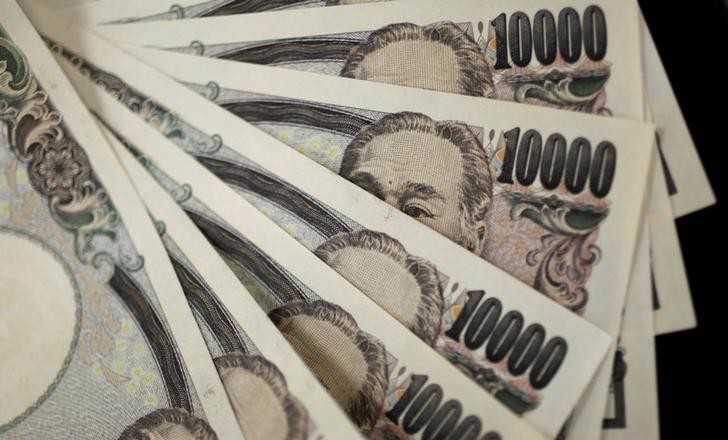Japan to reduce trillions of yen found in consumption with virus emergency
07 January, 2021

A monthlong state of crisis planned by japan government to include a resurgence of coronavirus infections is expected to knock trillions of yen off exclusive usage, with some economists predicting the economy will return to contraction.
Expected economical impacts of a state of emergency on Tokyo and 3 neighboring prefectures, that your government of Primary Minister Yoshihide Suga is definitely considering declaring in Thursday, will likely be smaller than those seen following the initial emergency declaration in April this past year in Tokyo and 6 prefectures.
The declaration then was afterwards expanded to the entire country and fully lifted in past due May. Expected constraints this time, though certainly not legally binding and limited by the Tokyo area, could still get rid of a substantial part, if not absolutely all, of growth previously expected in the January to March one fourth, economists said.
An monetary slowdown in the administrative centre could have a ripple effect, and there is a good likelihood that the planned state of emergency will be extended, they said.
Tokyo reported more than 1,200 latest coronavirus infections Tuesday, with a record-large 111 COVID-19 clients in serious state. It had been the second-highest amount for the capital, after 1,337 conditions reported on Dec. 31.
"The problem has been having worse, and if the areas and the period of the declaration are prolonged, the percentage of the GDP shrinkage in today's quarter could be a double-digit one," explained Shinichiro Kobayashi, a senior economist at Mitsubishi UFJ Exploration and Consulting Co.
"In that case, the repercussions would materialize not only in the kind of consumption falls but corporate bankruptcies and increased unemployment," Kobayashi stated. "Which means Japan's economy could fall right into a vicious routine of deterioration in job and income levels."
Kobayashi had last month predicted a great annualized true 0.5 percent contraction in Japan's economy in the first quarter of 2021 as a result of virus resurgence.
With the initially state of emergency prompting people to avoid nonessential outings and a variety of businesses to cut operating hours, Japan's gross domestic merchandise contracted an annualized real 29.2 percent in the April to June period from the previous quarter.
As monetary activities restarted gradually following the emergency was fully lifted, the economy showed a sharp rebound in the following quarter, growing an annualized 22.9 percent.
In line with the average forecast of 35 economists polled in December by simply the Japan Center meant for Economic Research, the market was projected to increase an annualized 1.31 percent in the January-March term following 3.44 percent growth in the quarter to December.
Takahide Kiuchi, executive economist at the Nomura Exploration Institute, said about 4.89 trillion yen ($47.5 billion) of domestic usage is estimated to disappear because of the state of crisis declaration for the Tokyo area, pushing down the nation's gross annual GDP by 0.88 percentage point.
The estimate is founded on an assumption that 55.8 percent of the country's private consumption isn't of an important or urgent nature as shown by the government's household spending info, Kiuchi said.
Although individual spending projected to be shed would be smaller compared to the estimated loss of 10.7 trillion yen previous April and 11.2 trillion yen the next month, Kiuchi stated the planned point out of emergency could be expanded to nationwide in levels, knocking 14.0 trillion yen off consumption monthly, or pushing down the gross annual GDP by 2.53 percentage points.
Hideo Kumano, chief economist in the Dai-ichi Life Study Institute, predicts the expected economical impact to be 2.8 trillion yen, assuming restrictions last for 50 days, almost exactly like the first emergency declaration.
"Even if the mark area is limited and then Tokyo and its own vicinity, economic actions in various areas interact and almost all other regions in Japan will come to be affected," Kumano said.
Source: japantoday.com
TAG(s):
